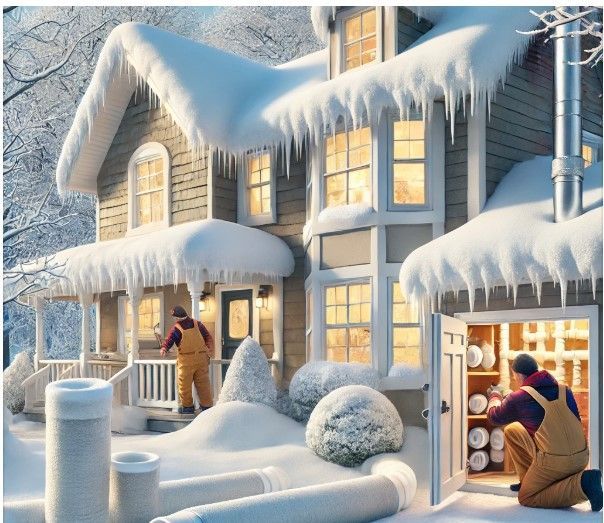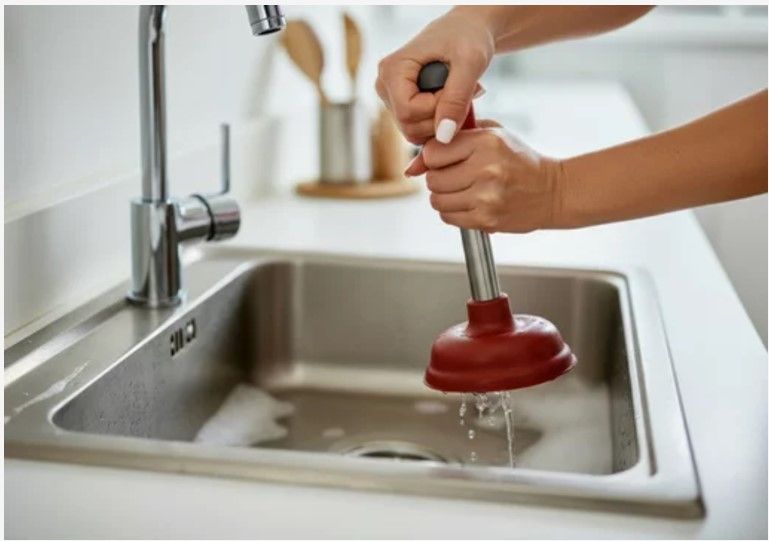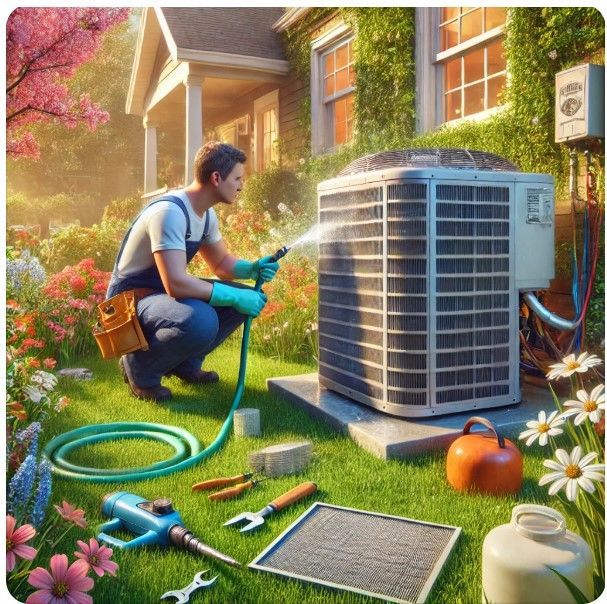Top 10 Things Every Homeowner Should Know About Plumbing
10 Most Important things homeowners need to know about plumbing
1 Locate Your Main Water Shut-Off Valve:
Picture this: water is gushing from a burst pipe in your basement. The first thing you need to do is find your main water shut-off valve and turn it off to stop the flow of water. Knowing its location beforehand can prevent water damage and chaos during emergencies.
2 Identify Your Fixtures and Appliances:
Get acquainted with the fixtures and appliances in your home that rely on plumbing, such as sinks, toilets, showers, water heaters, and washing machines. Understanding how they function and recognizing signs of trouble can help you address issues quickly.
3 Learn to Unclog Drains:
Clogged drains are a common nuisance in households. Knowing how to unclog them using a plunger, drain snake, or natural remedies like baking soda and vinegar can save you from calling a plumber for minor blockages.
4 Inspect for Leaks Regularly:
Keep an eye out for any signs of leaks, such as water stains, dampness, or mold growth, especially under sinks, around toilets, and near appliances. Addressing leaks promptly can prevent water damage and mold infestation.
5 Know Your Plumbing System Layout:
Familiarize yourself with the layout of your plumbing system, including the location of pipes, valves, and access points. This knowledge can be invaluable when troubleshooting issues or performing maintenance tasks.
6 Prevent Frozen Pipes in Winter:
As temperatures drop during winter, the risk of frozen pipes increases. Insulate exposed pipes, keep cabinets under sinks open to allow warm air circulation, and let faucets drip during freezing weather to prevent pipes from bursting.
7 Use Plumbing Fixtures Wisely:
Be mindful of what you flush down toilets and pour down drains. Avoid flushing non-biodegradable items, grease, and other substances that can cause clogs and damage pipes. Use strainers in sinks and tubs to catch debris.
8 Regularly Maintain Your Water Heater:
Your water heater plays a crucial role in providing hot water for bathing, cleaning, and other household tasks. Extend its lifespan and ensure optimal performance by flushing it annually, checking the pressure relief valve, and inspecting for signs of corrosion or leaks.
9 Invest in Quality Plumbing Tools:
While you may not be a professional plumber, having essential plumbing tools on hand can help you tackle minor repairs and maintenance tasks with confidence. A basic toolkit should include a plunger, pipe wrench, adjustable wrench, pipe cutter, and plumber's tape.
10 Know When to Call a Professional:
While DIY plumbing can be rewarding, some issues are best left to the experts. If you encounter complex problems like major leaks, sewer line issues, or gas line problems, don't hesitate to call a licensed plumber for assistance.
By familiarizing yourself with these top 10 plumbing essentials, you'll be better equipped to handle common issues and maintain your home's plumbing system effectively. Remember, a little knowledge and proactive maintenance can go a long way in keeping your home dry, functional, and comfortable.
Your home's plumbing system is vital to your comfort and daily routine, and a little preparation can make all the difference in avoiding costly damage or inconvenient breakdowns. By understanding the essentials—like locating your main water shut-off valve, preventing frozen pipes, and maintaining your fixtures—you can take control of your home’s plumbing and ensure it stays in top condition year-round.
But sometimes, even the best DIY efforts need professional backup. Whether you’re dealing with a major leak, a persistent clog, or a water heater that’s not performing as it should, having a trusted plumbing expert on your side is key.
If you have any issues or questions about your plumbing system, don’t hesitate to reach out to the professionals at MyBuffaloPlumber.com. Our team is here to provide expert advice, reliable service, and peace of mind when you need it most.
Call or visit
MyBuffaloPlumber.com today and let us help you keep your home safe, dry, and worry-free!
Designed by KDesign
Copyright 2023 MyBuffaloPlummer.com. All Rights reserved.




